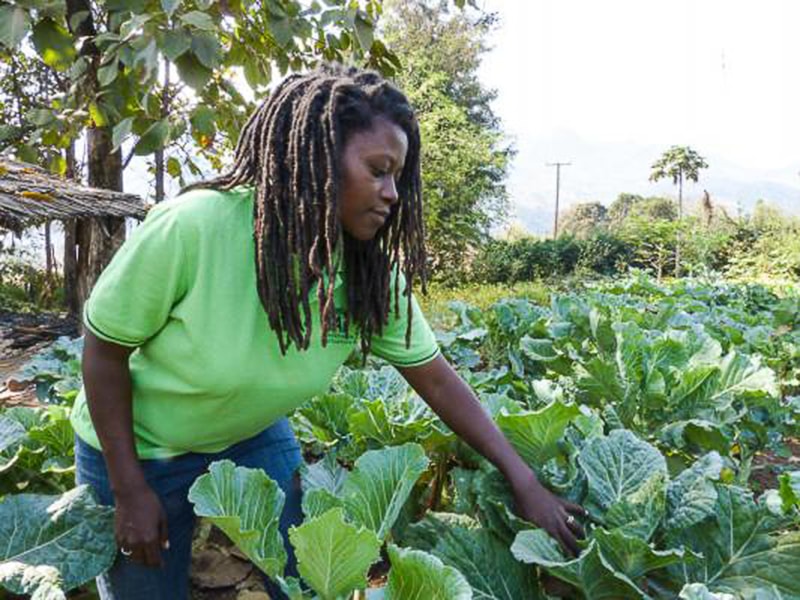Tanzanian farmers traditional seed exchange practices under threat
In order to receive development assistance, Tanzania has to give Western agribusiness full freedom and give enclosed protection for patented seeds. “Eighty percent of the seeds are being shared and sold in an informal system between neighbors, friends and family. The new law criminalizes the practice in Tanzania,” says Michael Farrelly of TOAM, an organic farming movement in Tanzania.
As this article in Mo* Magazine explains, under Tanzania’s new legislation, “‘If you buy seeds from Syngenta or Monsanto…they will retain the intellectual property rights. If you save seeds from your first harvest, you can use them only on your own piece of land for non-commercial purposes. You’re not allowed to share them with your neighbors or with your sister-in-law in a different village, and you cannot sell them for sure. But that’s the entire foundation of the seed system in Africa’, says Michael Farrelly.” To go against the law is to risk a prison sentence of at least 12 years, or a fine of over $219,500, or both. “‘That’s an amount that a Tanzanian farmer cannot even start to imagine. The average wage is still less than 2 US dollars a day’, says Janet Maro, head of Sustainable Agriculture Tanzania (SAT).”
Examples like this from across the world underpin the need WEA learned about for projects like the Seeds of Resilience Project, a partnership between WEA and Vanastree — a women-led seed saving collective in Karnataka, India. The project ensures seed and food sovereignty, as well as the transfer of traditional knowledge in Karnataka State by supporting women to build and scale seed businesses, lead trainings to increase farm biodiversity and productivity, participate in demonstrations and exchanges, and build networks in their communities and beyond. It is a direct response to the growing monocropping and commercialization of agriculture, particularly seeds, that Southern India has experienced.
We send our thoughts and solidarity to the farmers of Tanzania, and will keep our eye on this issue.
Read the full article here.

